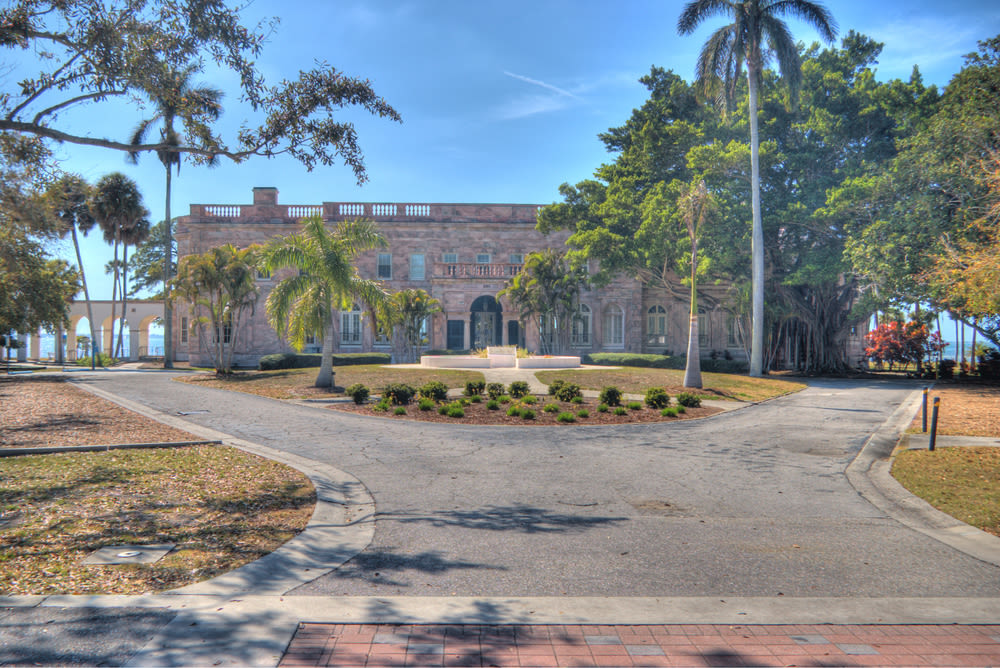From the Editor: Keep New College Independent

The Charles Ringling Mansion on the New College of Florida campus
Image: Shutterstock
I’m a New College of Florida alum and New College Foundation board member, and like everyone else in the New College family, I was shocked two weeks ago to learn that a Florida lawmaker had filed a bill (HB 7087) to merge two independent colleges—New College and Florida Polytechnic University—with two of the state’s huge universities. The original proposal put Polytechnic under the University of Florida and New College under Florida State University. For some reason last Friday, the bill was amended to ditch FSU and put New College under UF instead.
The logic for the consolidation, according to bill sponsor State Rep. Randy Fine, is that New College and Florida Polytechnic University cost too much per pupil compared to the other 10 universities in the state system.
I have great respect for elected officials watching out for our tax dollars, but I’m puzzled by this proposed shotgun wedding for New College, and I urge our lawmakers to slow down and rethink the reasoning.
New College is not the same as the other universities in the state university system. It is a predominantly residential college (close to 90 percent of students live on campus) compared to other Florida schools, and it has an intense teaching-focused approach with a low student-faculty ratio of 10 to 1. These face-to-face classes, as opposed to the growing number of online courses offered at other universities, make the New College approach unique and successful—and more expensive. But there are big payoffs in value. New College is consistently one of the highest-ranked universities in the country, and the No. 1 public university in the country for the percent of students who go on to earn Ph.Ds. New College also has more Fulbright scholars per capita than Harvard and Yale.
Remember, we’ve already been down this road of consolidation. New College became part of the University of South Florida in 1975. It wasn’t until New College reestablished its independence, in 2001, that it became recognized as the No. 1 public liberal arts school in the nation. Folding New College back into a major university would weaken its strong sense of mission and leave Florida with no other college with this impressive national profile.
Finally, the careful number crunching that is required to determine cost savings has not been done yet. New College is less than one percent of the entire State University System budget. A merger would not eliminate all costs. What savings will be realized under this bill? Florida TaxWatch, an independent, nonpartisan, nonprofit government watchdog and taxpayer research institute, issued a statement, saying, “any cost savings are indeterminate.” “The legislature should ‘pump the brakes’ on this proposal.” Our local legislative delegation (State Sen. Joe Gruters and state reps Margaret Good, Wengay Newton, Will Robinson, Tommy Gregory and James Buchanan) has come out in opposition to the bill, as has Congressman Vern Buchanan.
Today, the bill is expected to be reviewed at the House Appropriations Committee meeting. If it passes this committee, it will go to the full House for a vote. There are a few more steps before it could become law, but the poorly matched players are walking down the aisle. Anyone who wants to speak up had better speak up now, or hold their peace. You can contact members of the Appropriations Committee or email or call your legislators.



